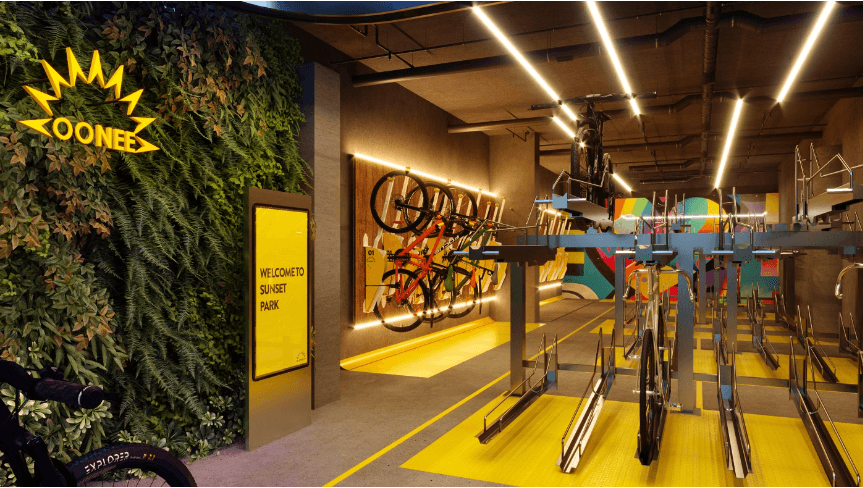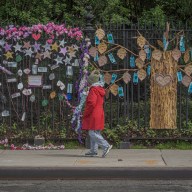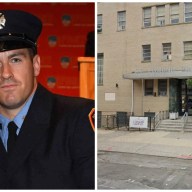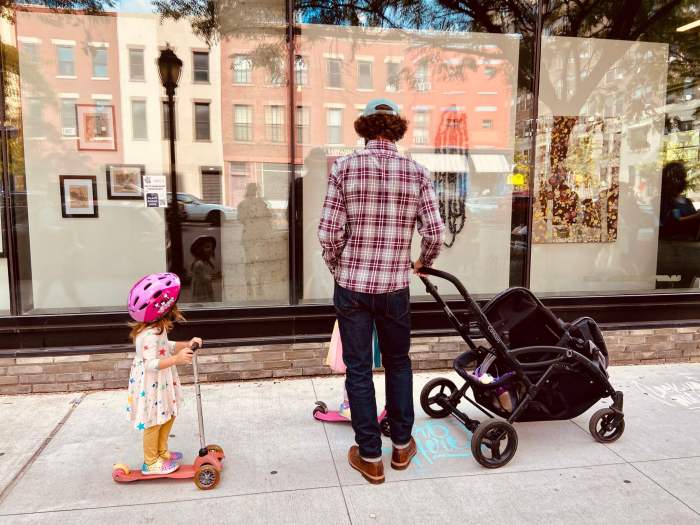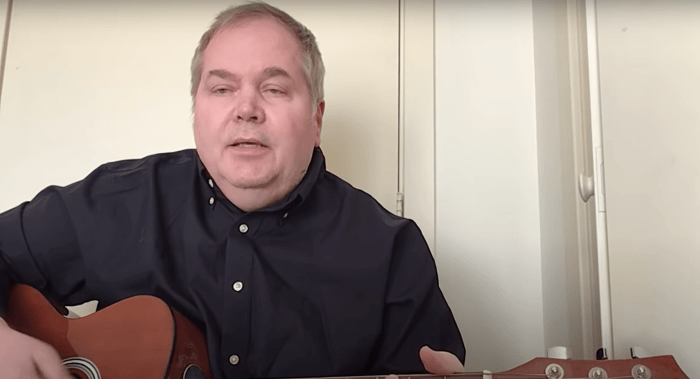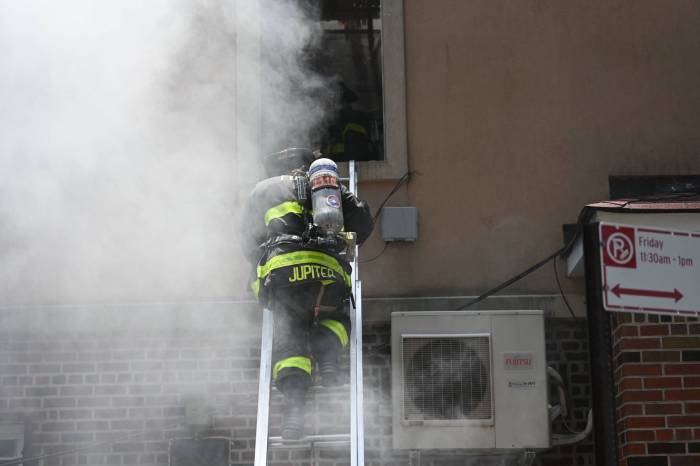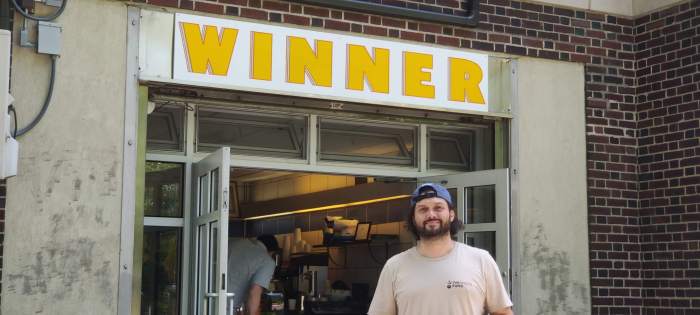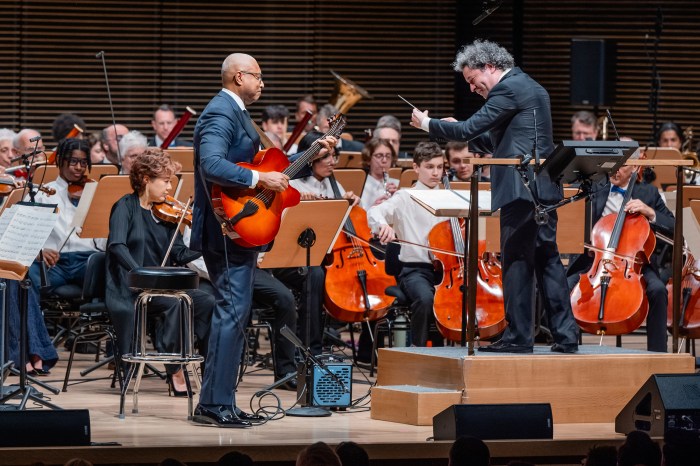Local bike parking startup Oonee has unveiled designs for state-of-the-art “hubs” in new residential buildings in Brooklyn, some of their biggest facilities yet as the company tries to scale up secure bike storage in the Big Apple.
The two planned facilities in Sunset Park and Bedford-Stuyvesant are expected to each have space for dozens of bikes in a secure, free-to-use space open to the public, says company founder Shabazz Stuart, who unveiled the new designs in a Medium post on Monday.
Both hubs will be located near subway stops, and are designed to support multi-modal commutes where people ride their bikes from home to the subway, and can count on it being securely stored until the end of their shift. One-third of spaces in the new hubs will be prioritized for delivery workers, who put more miles on their bikes than just about anyone else in New York.
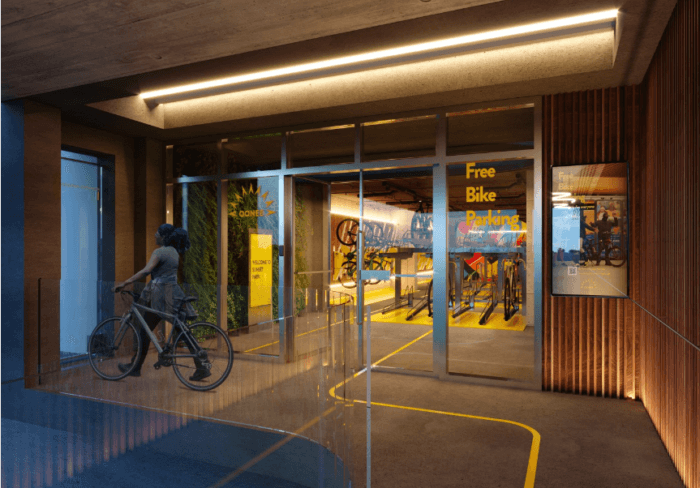
The hubs will also make use of newfangled bike parking technology, such as “assisted lift racks” that hydraulically hoist a bike in vertical storage, and “smart racks” that eliminate the need for cyclists to carry locks and allow the company to track in real-time the number of bikes in any facility.
Oonee wants to put hubs in buildings all over Brooklyn using the “community benefits agreement” process negotiated during the Uniform Land Use Review Procedure (ULURP), the byzantine land use process through which all new buildings must go if a rezoning is required. CBAs are often assembled to provide public goods, like a new grocery store or a subway elevator, in order to gain approval for a project from a Community Board.
CBAs present a number of opportunities for the company as it looks to scale up, Stuart told Brooklyn Paper. First, it’s a new mode to finance their projects; because Oonee facilities are free to use, the company has had to get creative financially, including placing ads on the outside of some of its existing “pods.” But he also hopes that the new hubs will become a model for drastically expanding the scale of bike parking citywide more efficiently than would be possible with its standalone structures alone.
“We’re on a mission that, if you’re going through ULURP, and assembling a CBA, you should really look at secure bike parking,” Stuart said. “It’s really a no-brainer in my opinion.”
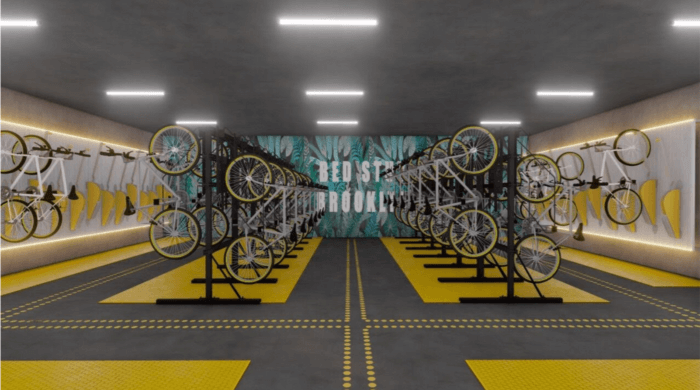
Stuart expressed disappointment that the model hadn’t been embraced earlier, citing particularly the 1,400-foot One Vanderbilt tower next to Grand Central Terminal which, despite having $250 million in transit upgrades as part of its zoning package, did not feature any public secure bike parking. He feels that many people still see biking as a novelty activity instead of a full-fledged mode of transportation, which keeps policymakers from prioritizing it and “ancillaries” the way they do for car commuters.
“We struggle to think about cycling as a transportation system. If you think about cars, you have to have gas stations. And you can’t have a conversation about land use in New York City without talking about car parking. It’s not possible,” Stuart said. “If we’re really serious about bicycles as a mode of transportation people use, we have to think about bike parking, e-bike charging, where are ppl getting flats fixed? There are all sorts of ancillaries needed to support bike culture.”
“If the City of New York had taken this approach 15 years ago, you’d have many more people on bikes,” he continued. “And Oonee wouldn’t have to exist.”
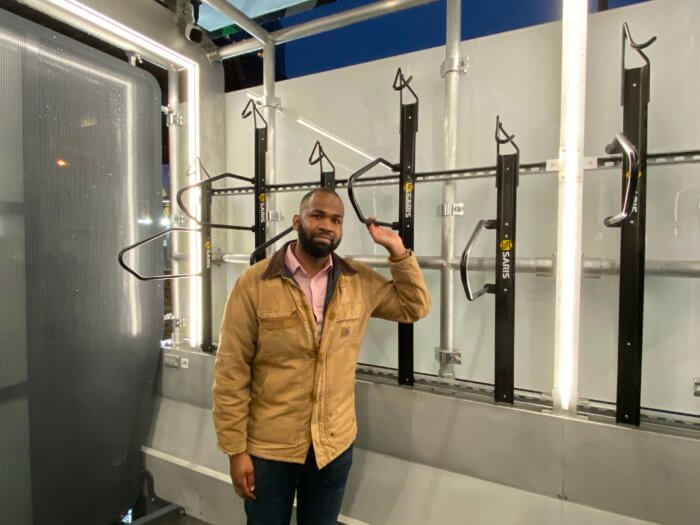
Stuart, a Brooklyn native who used to work at the Downtown Brooklyn Partnership, started Oonee (which comes from the Japanese word for sea urchin) in 2017 after having three bikes stolen from him in five years. He has said that made him realize the lack of safe, secure storage for bicycles in New York and other American cities despite such infrastructure being ubiquitous in Europe and Asia.
Thousands of bikes are stolen every year in the city, only a fraction of which are ever recovered by police; on the street, a bike being stolen will not set off an alarm like a car, and one does not need keys or the skill to “hotwire” in order to steal one.
Since then, the company has created a number of different models it hopes to bring to the streets of New York and other cities. The story started with the Oonee Pod, which first launched outside Atlantic Terminal in 2019 with 20 secure parking spots. The company later announced a partnership across the Hudson with Jersey City to create the nation’s first bike parking pod network.
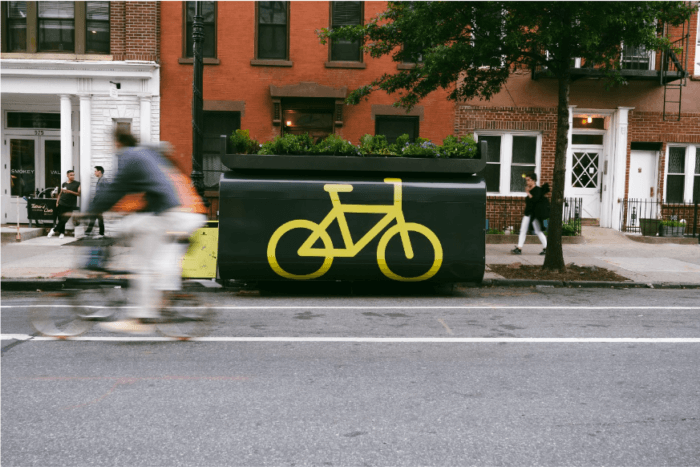
More recently, the company unveiled a “Mini” pod outside Grand Central Terminal, and earlier this year launched a pilot with the Department of Transportation to test out Mini pods in locales across Gotham, including a 29-day residency this month on the Vanderbilt Avenue open street.
Oonee on Monday also unveiled its new “Oonee Dock,” a Citi Bike-esque docking station which, when implemented, would remove the need for a bike lock in favor of a “securitized locking arm that is controlled via app or keycard.” It also unveiled a “Lite” version of its pod plus a larger, redesigned version of the original pod.
Envisioning Oonee facilities as public infrastructure rather than instruments for private profit, all of the facilities are free to use, though users must sign up for an account on the company’s app.
Correction: This story has been updated to note that the hubs are still in the design phase, rather than under construction.


